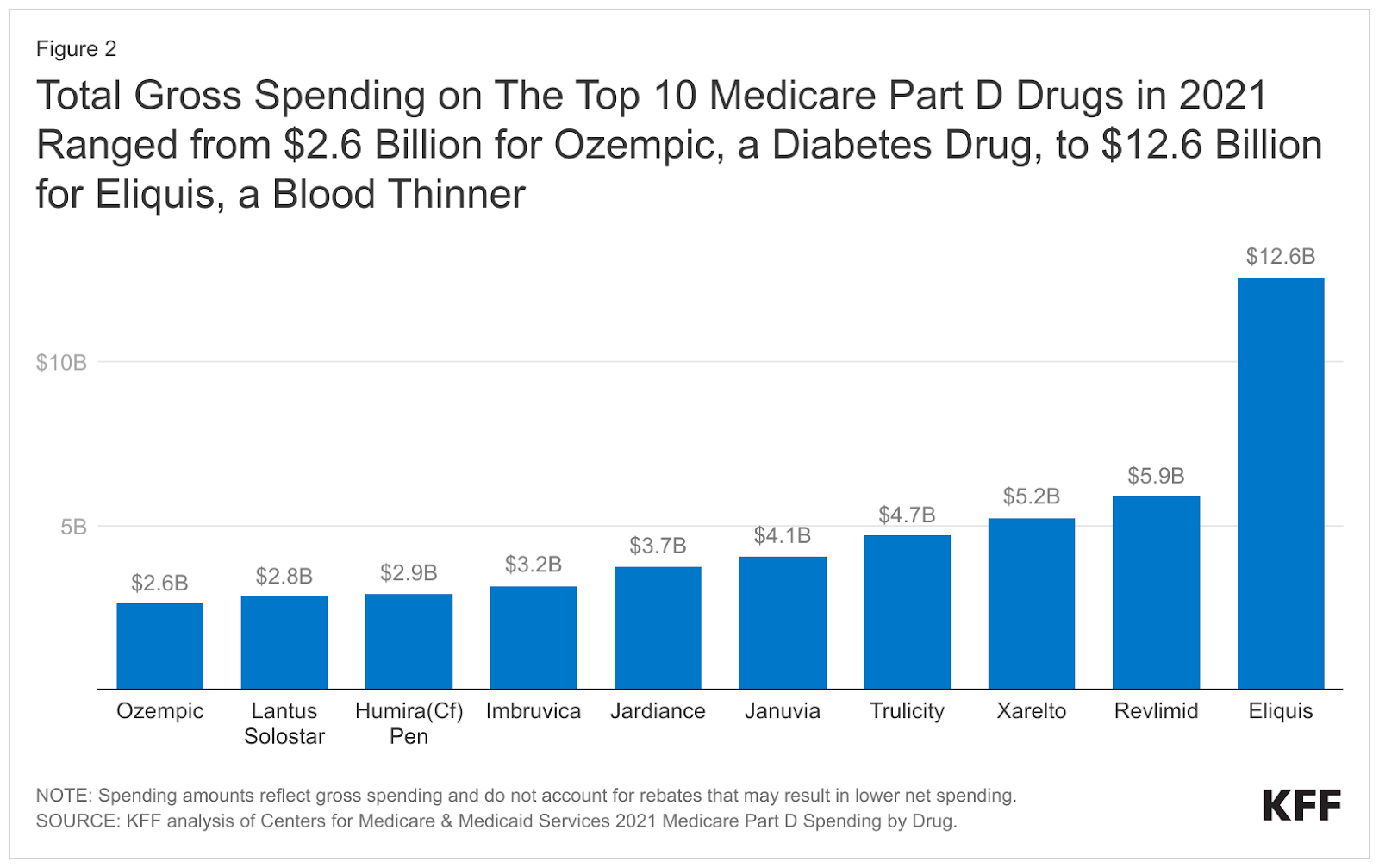|
|
Wisconsin Alliance for Retired Americans, Priorities USA File Legal Challenge to Absentee Ballot Restrictions in Wisconsin |
|
On Thursday, the Wisconsin Alliance for Retired Americans, Priorities USA and William Franks, Jr., a board member of the Alliance from Dane County, Wisconsin, filed a legal challenge to three provisions of Wisconsin election law that place unnecessary restrictions on casting absentee ballots. The filing seeks to provide relief to voters impacted by the following restrictions:
The lawsuit challenges barriers to absentee voting in Wisconsin including a requirement that every absentee ballot be signed by an adult witness regardless of whether a voter lives alone, is homebound, or faces other barriers to satisfying the provision. The filing argues that as a result of the unnecessary requirement, the right to vote by absentee ballot is unfairly based on the voter’s ability to find a willing third party.
It also challenges a Wisconsin law that has been interpreted to prohibit the use of drop boxes for collecting absentee ballots. Drop boxes have consistently been proven as a secure and convenient way to submit absentee ballots and were widely used without issue in the 2020 election. Despite this, a recent court decision eliminated the use of drop boxes in 2022 which led to a significant increase in late-arriving absentee ballots.
Finally, the suit seeks relief for voters from the arbitrary deadline to cure defects in their ballot.
“Seniors in Wisconsin take their constitutional right to vote seriously. We are also the most likely to need to vote absentee because of health issues or transportation challenges,” said Ross Winklbauer, Sr., President of the Wisconsin Alliance for Retired Americans. “We are asking the Court to remove these unnecessary barriers so all voters in Wisconsin, especially older voters, can cast a ballot that will actually be counted.”
Read the full press release here. |
|
Congressional Democrats’ Introduce Freedom to Vote Act
|
|
House and Senate Democrats on Tuesday reintroduced an election overhaul package, stressing a contrast with Republicans who, according to House Minority Leader Hakeem Jeffries (NY), are seeking to “turn back the clock” on democracy.
Jeffries was joined by Senate Majority Leader Charles Schumer (NY) and other Democratic leaders at a news conference to discuss the Freedom to Vote Act, which they said would expand voter access, support local election workers and limit the influence of dark money and partisan gerrymandering on elections.
|
|
|
The legislation would set nationwide standards to ensure voting access and expand the availability of early voting, voting by mail and drop boxes. In addition, it |
|
would provide funds for states to invest in new and more secure voting systems, stronger cybersecurity measures and additional election workers. It would also implement nonpartisan post-election audits, require super PACs and other political organizations to disclose their donors and prohibit partisan gerrymandering.
A version of the Freedom to Vote Act was introduced in the 117th Congress and passed the House but stalled in the Senate.
The latest measure was unveiled about a week after Republicans had introduced and advanced out of committee their own election package, the American Confidence in Elections Act. Critics argue it would disenfranchise voters of color and allow more dark money in politics while catering to election deniers.
“The Freedom to Vote Act is a key step in protecting our democracy,” said Robert Roach, Jr., President of the Alliance. “Several state Alliance chapters have had to challenge overly burdensome voting requirements. We clearly need reform."
“Protecting seniors’ right to cast a ballot, and having their ballot counted, has long been an Alliance priority,” added Richard Fiesta, Executive Director of the Alliance. "This legislation will help us achieve that goal. Congress should pass it without delay.” |
|
Ten Prescription Drugs Accounted for More Than One-Fifth of Part D Spending in 2021 |
|
Medicare Part D covered more than 3,500 prescription drug products in 2021, with total gross spending of $216 billion, not accounting for rebates paid by drug manufacturers to pharmacy benefit managers (PBMs). According to KFF, formerly known as the Kaiser Family Foundation, a small number of those drugs represented a surprising percentage of Medicare’s spending.
Specifically, the 10 top-selling Part D drugs comprised just 0.3% of covered drugs, yet they made up 22% of total gross Medicare drug spending in 2021. Moreover, the top 100 drugs, representing just 3% of covered drugs, accounted for 61% of total gross spending that year.
Overall, gross Medicare drug spending on the top 10 Part D drugs in 2021 was $48 billion. Eliquis, a blood thinner manufactured by Bristol Myers Squibb, was the top-selling drug, accounting for a quarter of this total, or $12.6 billion. Gross Medicare Part D spending also exceeded $5 billion for both Revlimid, a treatment for multiple myeloma also manufactured by Bristol Myers Squibb, and Xarelto, a blood thinner manufactured by Janssen.
|
|
|
PhRMA, the U.S. Chamber of Commerce, Johnson & Johnson, Merck, and Bristol Myers Squibb have now all sued the Administration in an effort to block drug price negotiation.
|
|
KFF Health News: In Older Adults, a Little Excess Weight Isn’t Such a Bad Thing |
|
Millions of people enter later life carrying an extra 10 to 15 pounds, weight they’ve gained after having children, developing joint problems, becoming less active, or making meals the center of their social lives.
Should they lose this modest extra weight to optimize their health? This question has come to the fore with a new category of diabetes and weight loss drugs giving people hope they can shed excess pounds.
For years, experts have debated what to advise older adults in this situation. On one hand, weight gain is associated with the accumulation of fat. And that can have serious adverse health consequences, contributing to heart disease, diabetes, arthritis, and a host of other medical conditions.
On the other hand, numerous studies suggest that carrying some extra weight can sometimes be protective in later life. Read more here.
|
|
Thanks for reading. Every day, we're fighting to lower prescription drug prices and protect retirees' earned benefits and health care. But we can't do it without your help. Please support our work by donating below. |
|
|
|
|
Alliance for Retired Americans | 815 16th Street, NW | Washington, DC 20006 | www.retiredamericans.org



